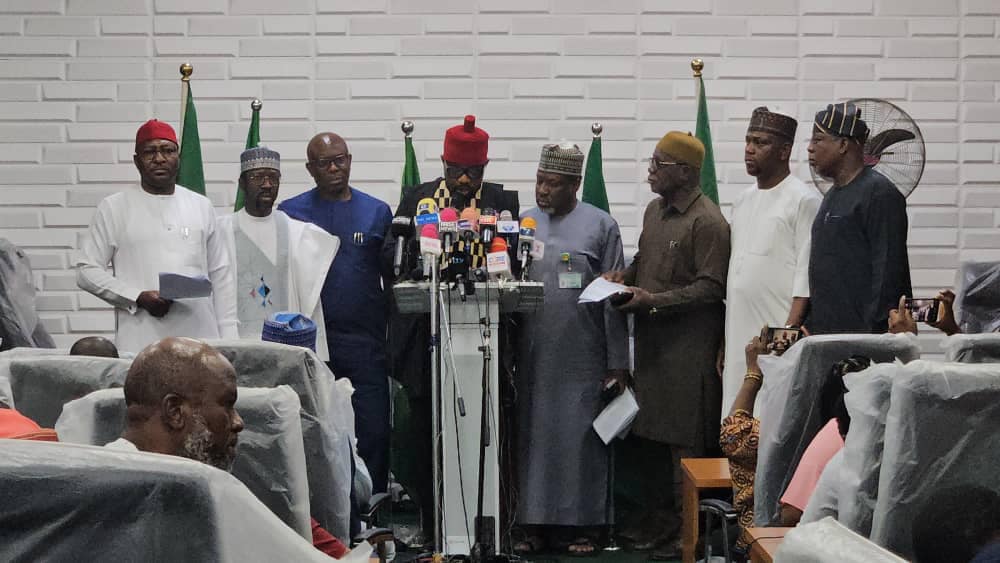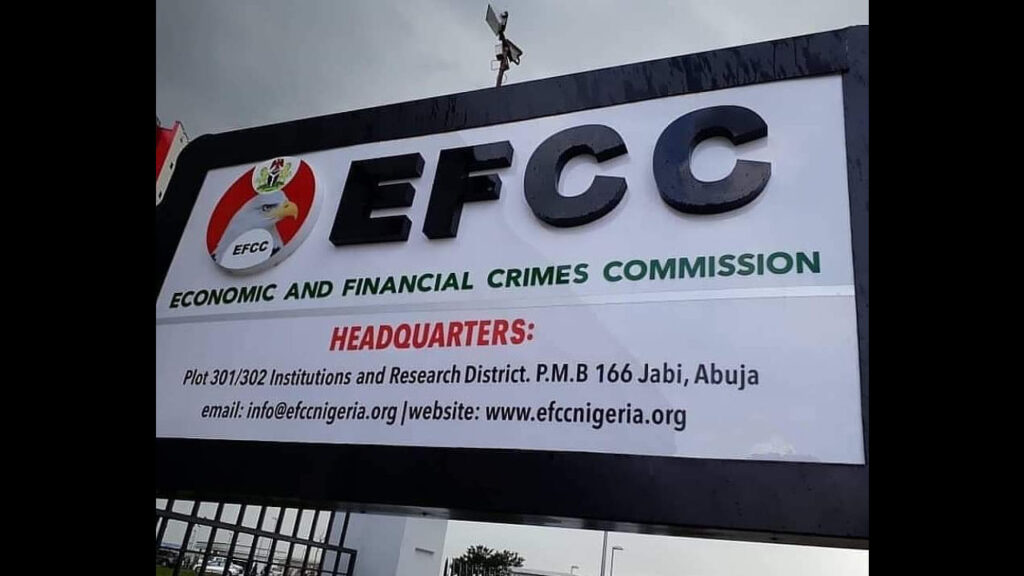 THE Supreme Court yesterday fixed May 18, 2015 for hearing of a mandatory application filed by an oil firm, Brittania-U Limited against Seplat Petroleum Development Company Limited and Chevron, seeking to reverse any step taken to sell the latter’s oil mining assets OML52, OML 53 and OML 55 to the former (Seplat).
THE Supreme Court yesterday fixed May 18, 2015 for hearing of a mandatory application filed by an oil firm, Brittania-U Limited against Seplat Petroleum Development Company Limited and Chevron, seeking to reverse any step taken to sell the latter’s oil mining assets OML52, OML 53 and OML 55 to the former (Seplat).
The mandatory application filed by Brittania-U Limited arose from the appeal over the decision of Chevron to sell its Oil mining assets to Seplat. Brittania-U took the matter to the Supreme Court over the ruling of an Appeal Court, which vacated an order of interlocutory injunction by a high court restraining Chevron and Seplat from concluding any deal on the two oil leases.
When the matter came up, the appellant’s lead counsel Rickey Tarfa (SAN) drew the attention of the apex court to the pending application for mandatory injunction, pointing out that respondents had taken some steps with regards to the subject matter. But the application could not go on because respondents needed time to file their counter affidavit to the appellant / applicants motion and supporting affidavit.
Consequently, the court allotted time to all parties to file their affidavit and written brief of arguments relating to the mandatory application and fixed May 18, 2015 for definite hearing of the application. But before the adjournment, Tarfa expressed concern that respondents were taking steps concerning the subject matter and had fixed next month to conclude by awarding the Oil Mining Assets to Seplat.
Although counsels to the respondents, Damien Dodo (SAN), and Uche Nwokedi (SAN) denied Tarfa’s claim, the Supreme Court warmed parties against taking steps which affect the subject matter.
“Parties know better than to do anything to affect the res (subject matter). It is trite law that when a matter is pending, nothing should be done by any party to affect the res. This case is even stronger now that you have an application for mandatory injunction before us. Any party that does anything to a res know what will be visited upon him,” Justice Datijo Muhammad warned.
Trouble started after Chevron had offered for sale OMLs 52, 53 and 55 and as usual invited bids from interested firms. The sale of the assets became controversial after Chevron, in a bid to transparency put the assets through a public bidding process, failed to make a public announcement of a winner, a reserve bidder and unsuccessful bids. It then allegedly turned its back on the highest bidder, Brittania-U Nigeria Limited, and began to deal with Seplat behind the scene.
Brittania-U went to court to contest Chevron’s action of not declaring it winner after it posted a $1.67 billion bid for the three assets, an amount later revised to $1.015 billion after both companies’ officials met in Houston, United States. Seplat posted a bid of $630 million for the same assets. partnership between the members of SEPLAT consortium,” it was indicated in the agreement.
This undated SPA (estimated to have been prepared around November 4, 2013) was later revised and replaced with a new one dated November 14, 2013. But an examination of the bid process documents shows that Chevron bid rules forbade the forming of consortium after the bid had closed. Oil industry analysts familiar with this process said even if this were to happen, other participants in the bid ought to have been informed. But Chevron did not.









